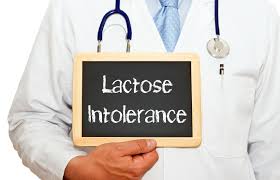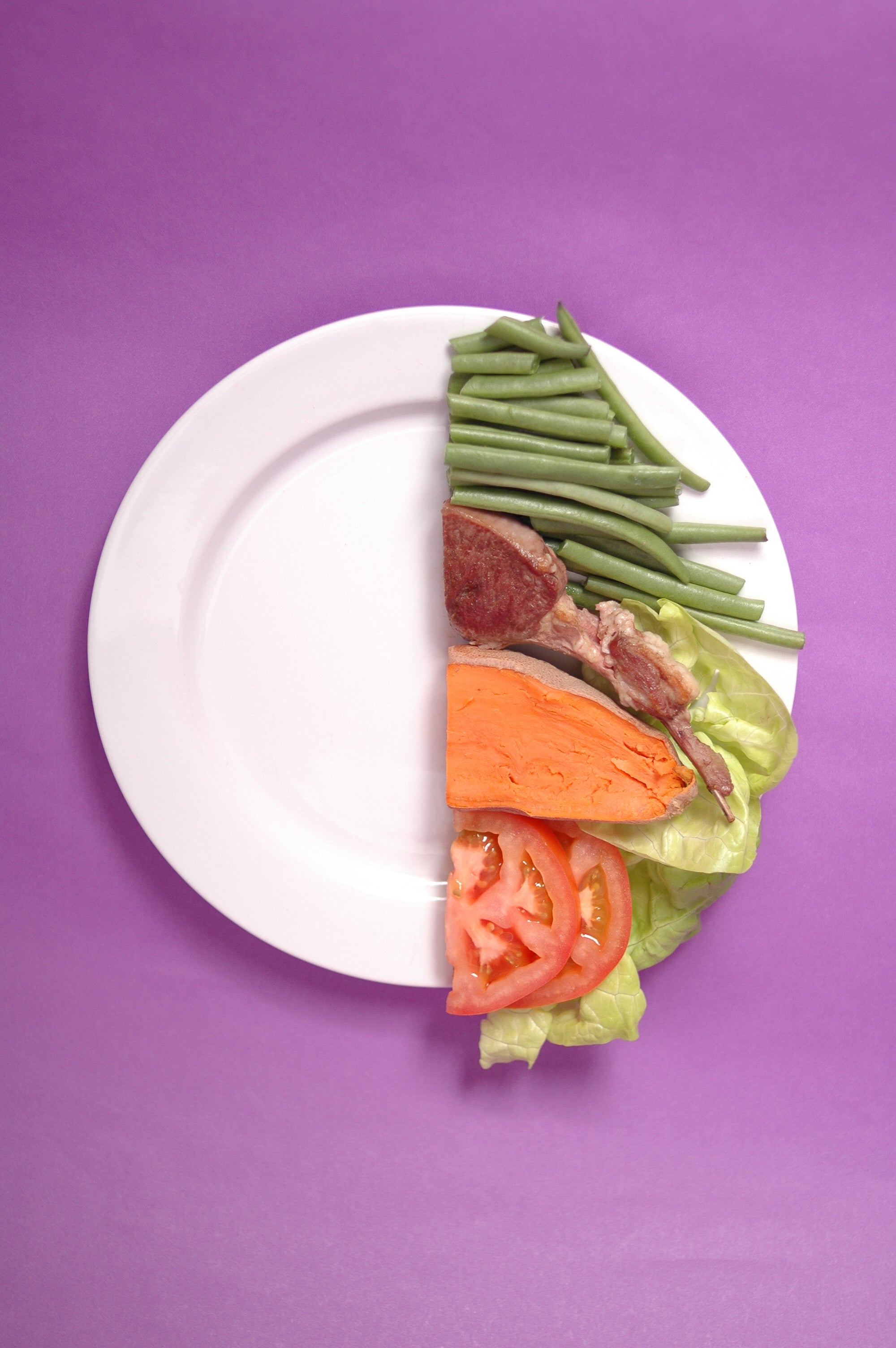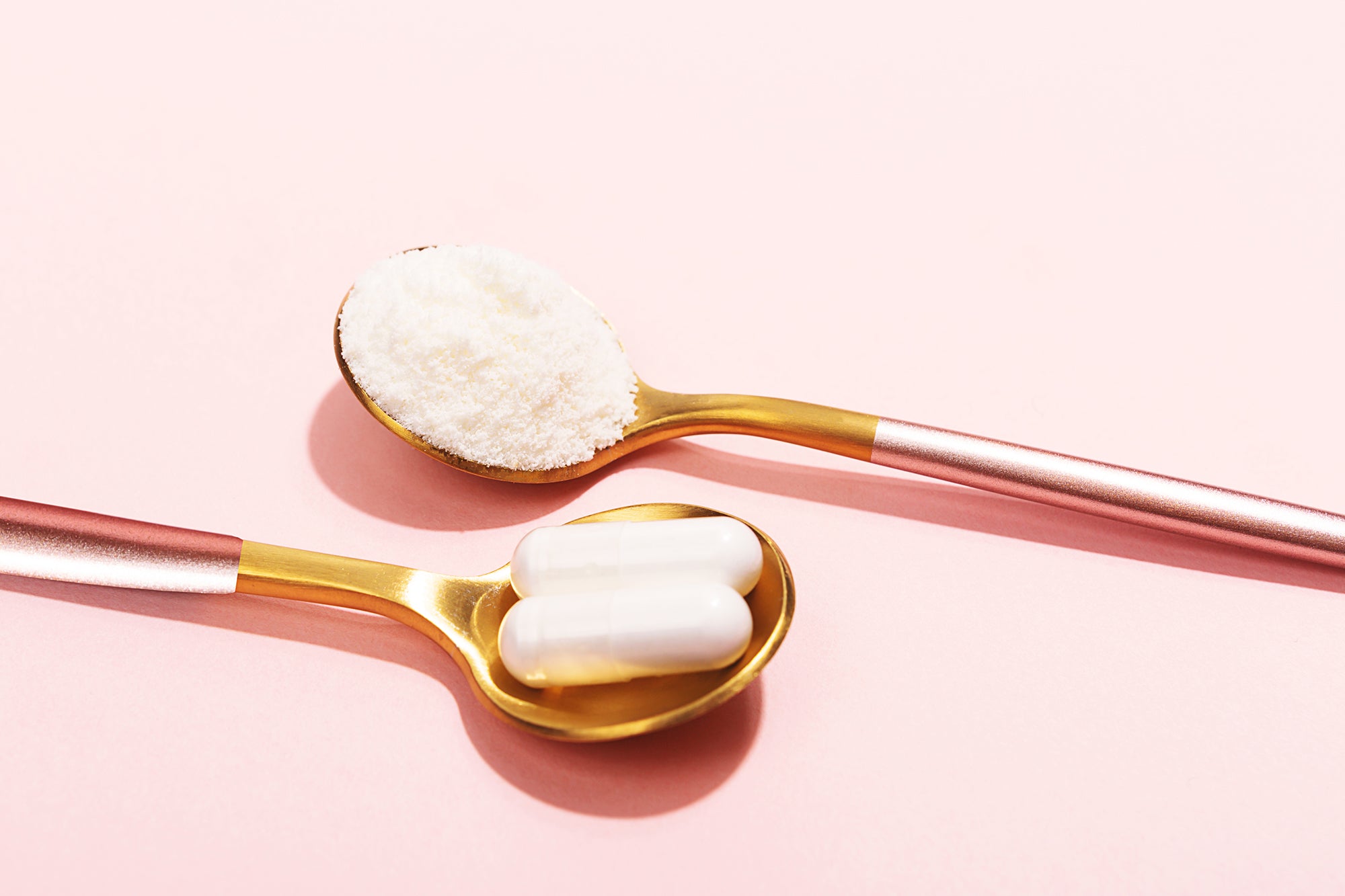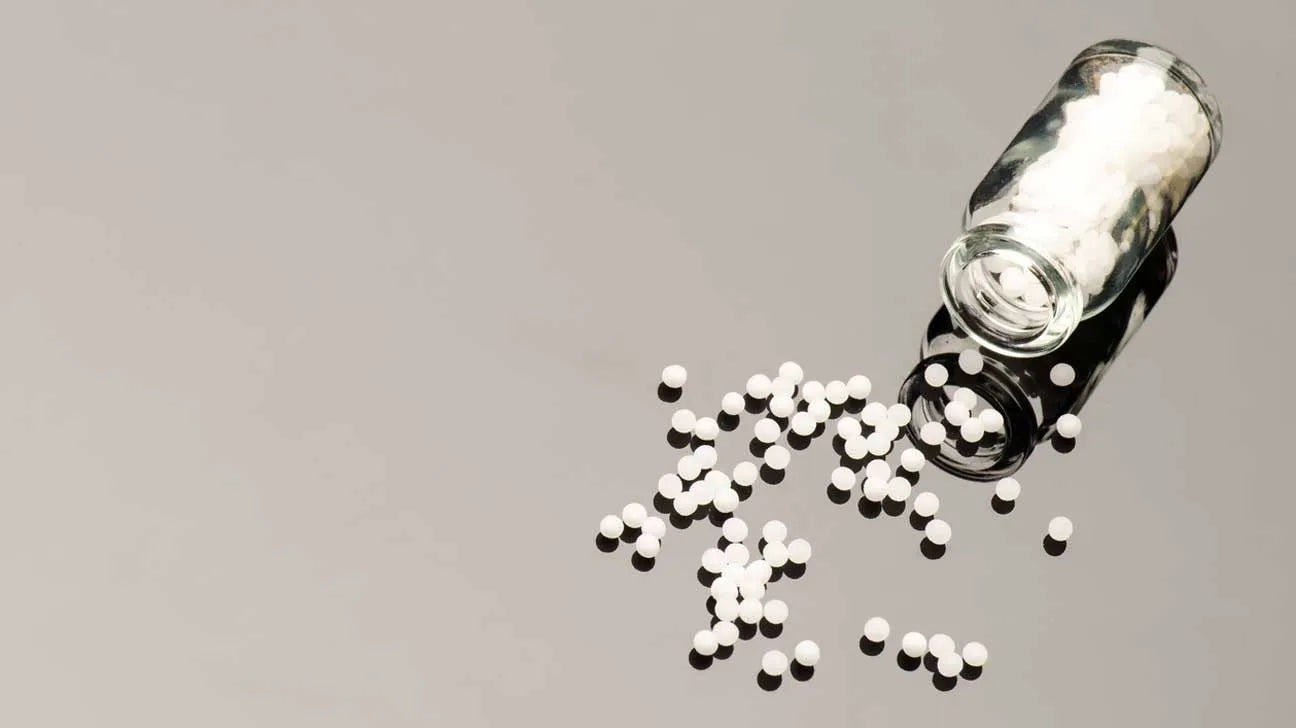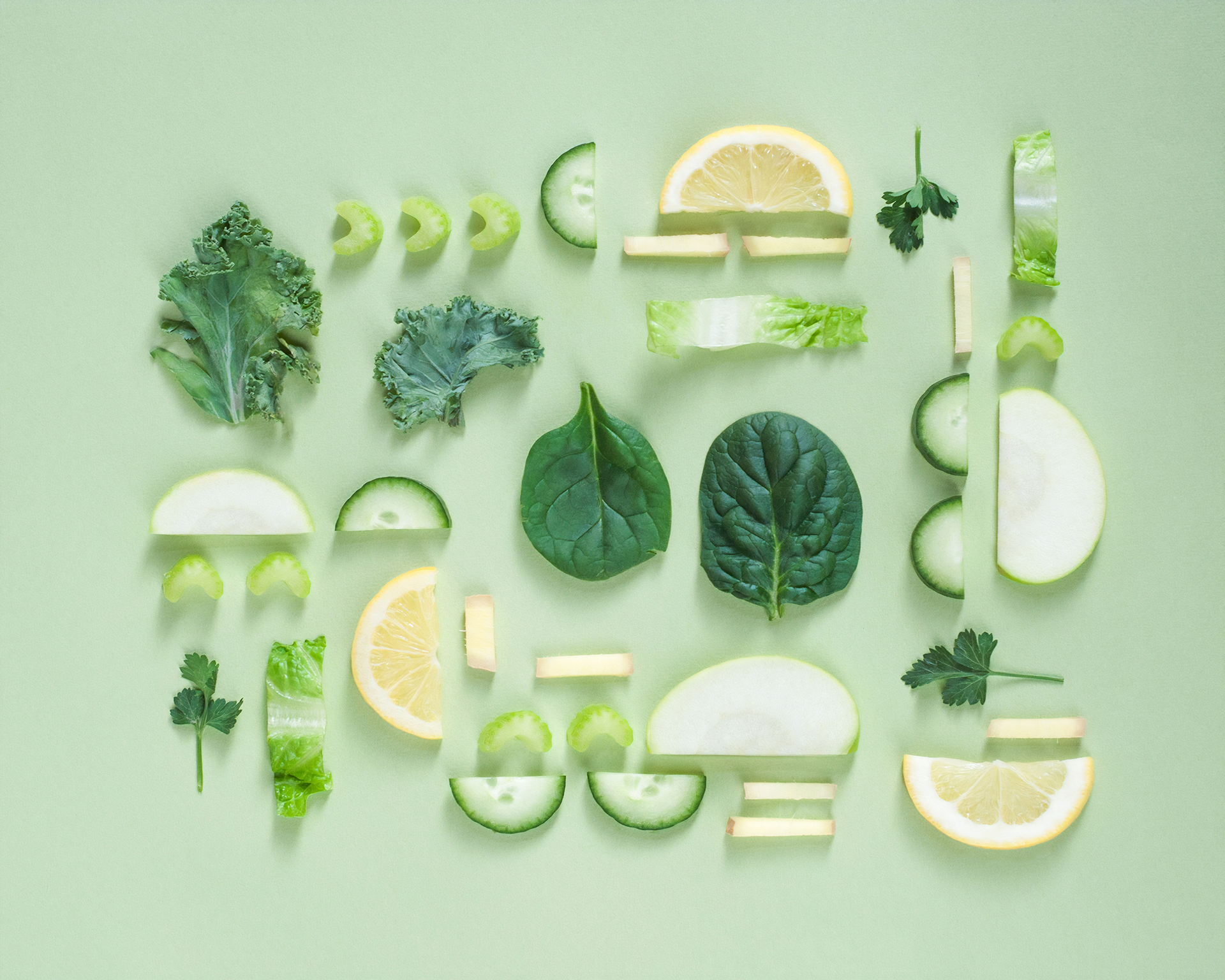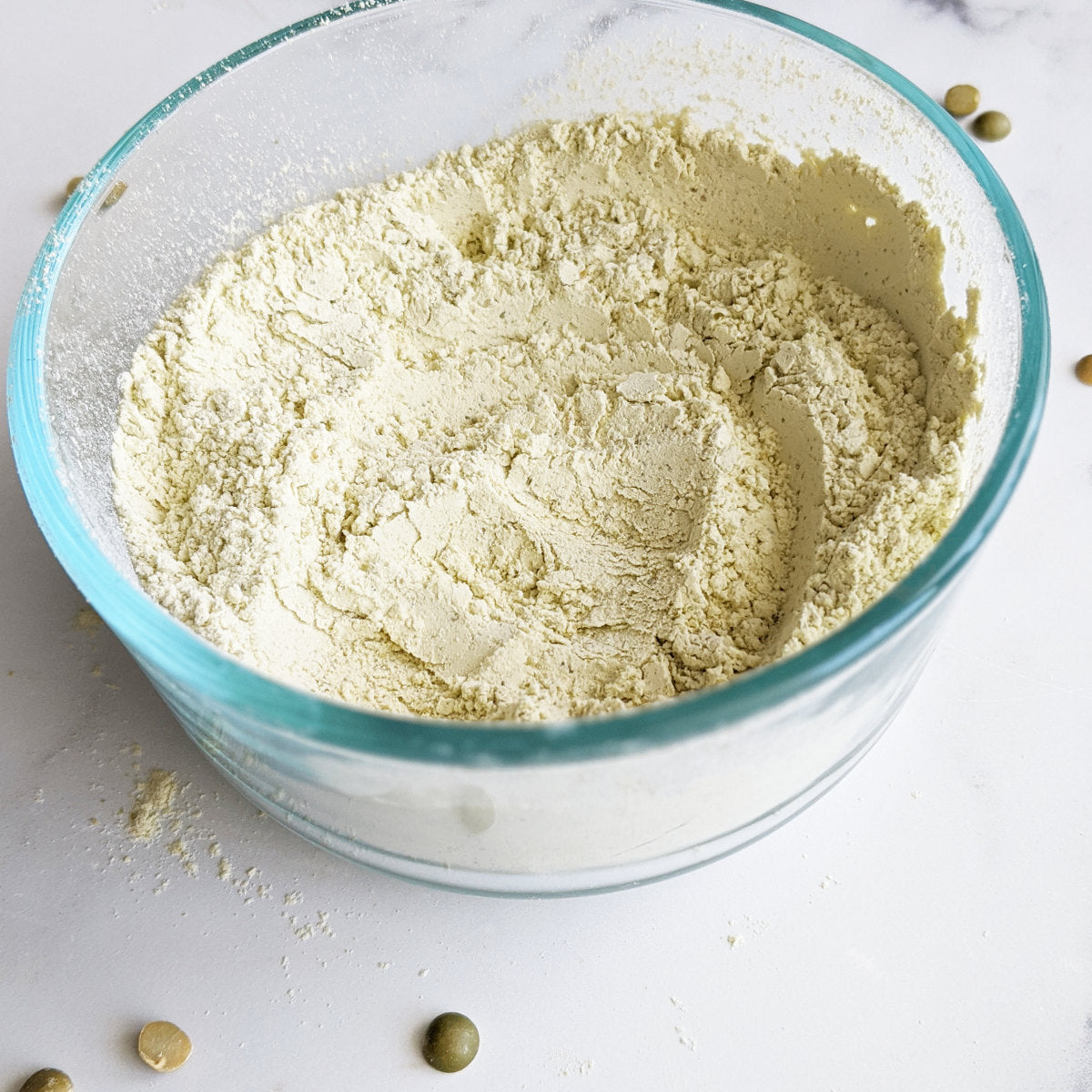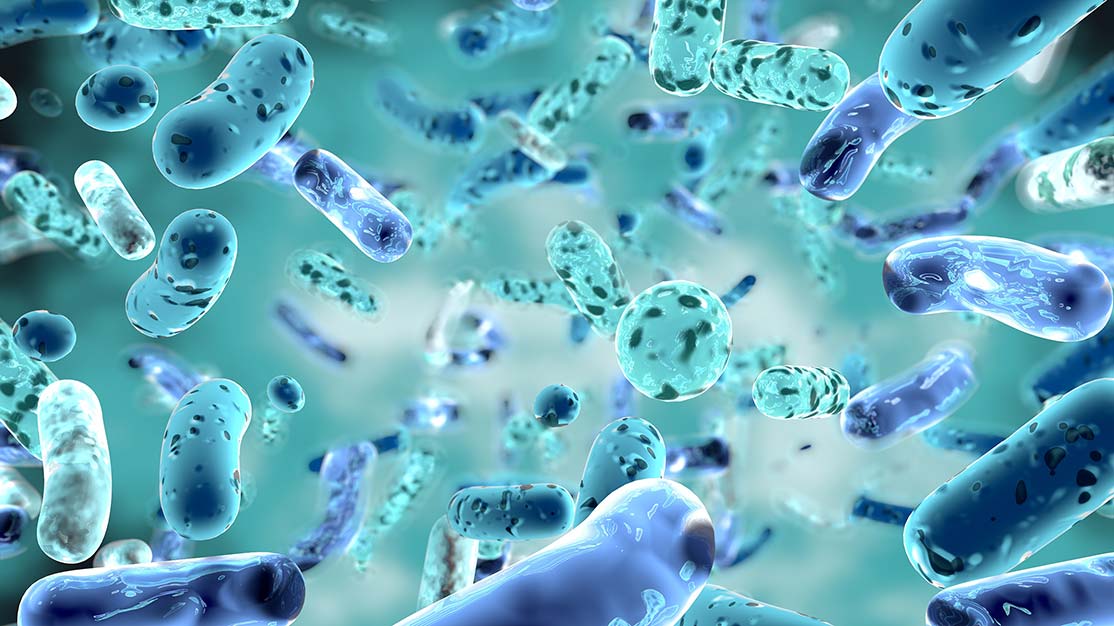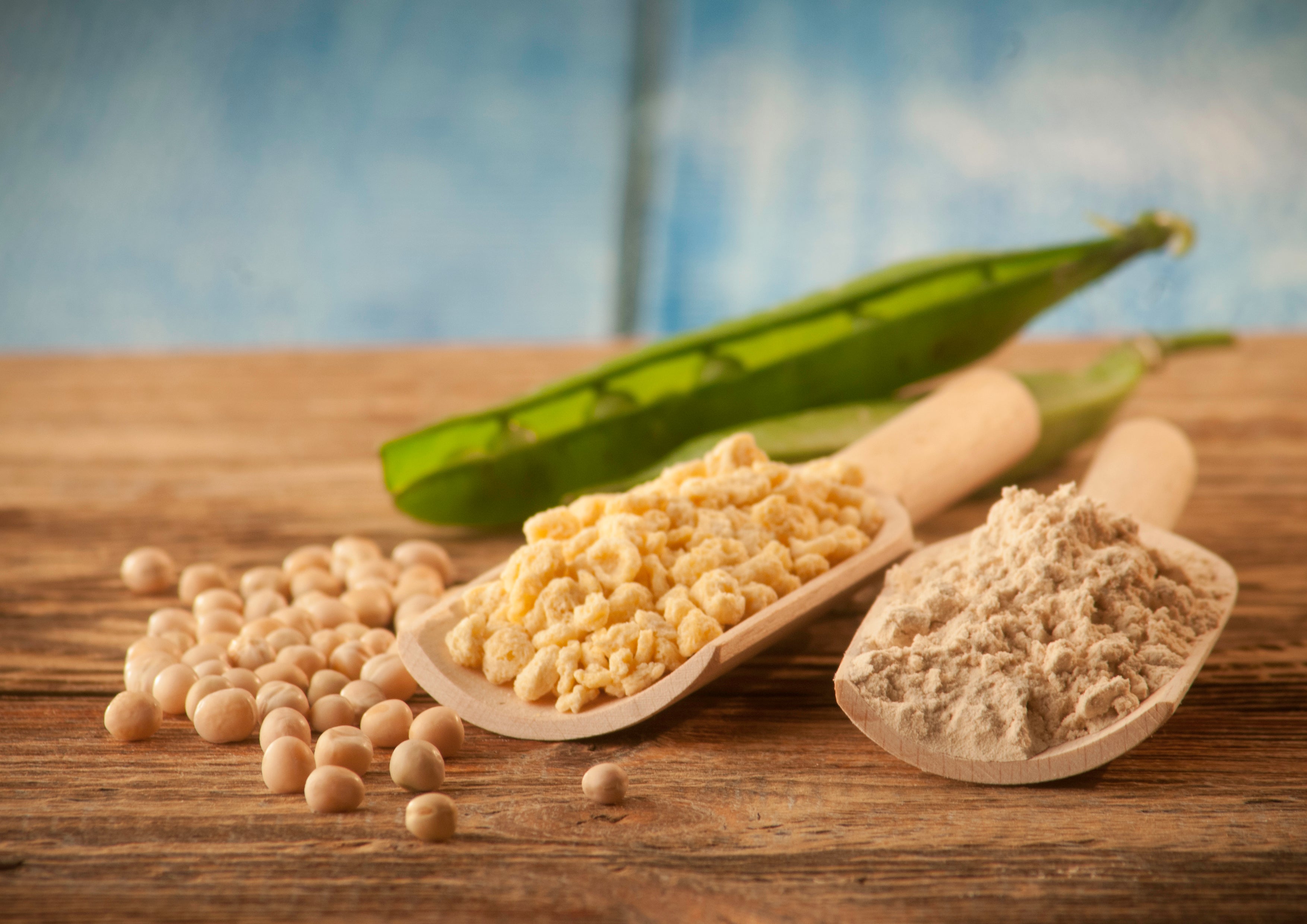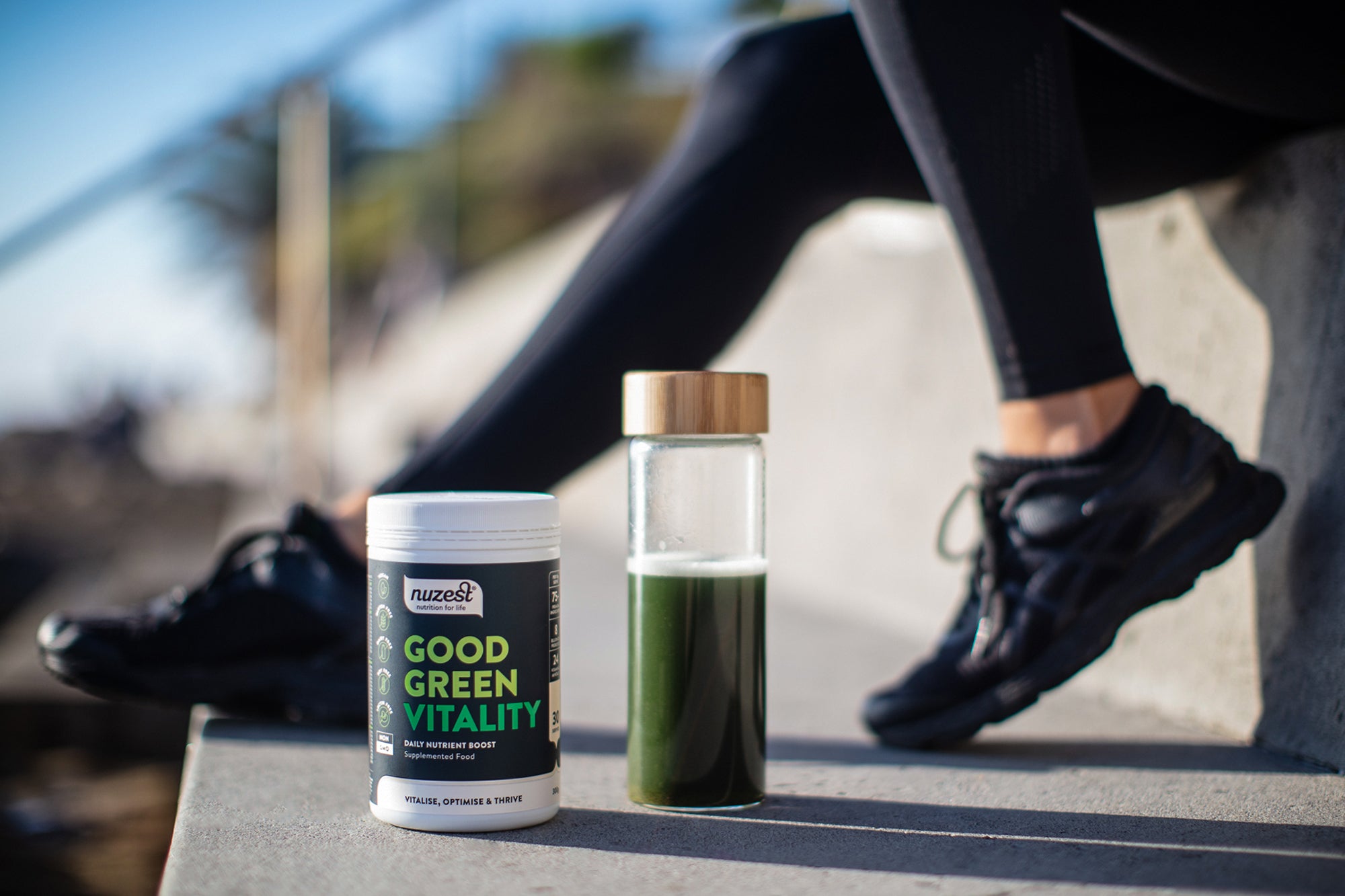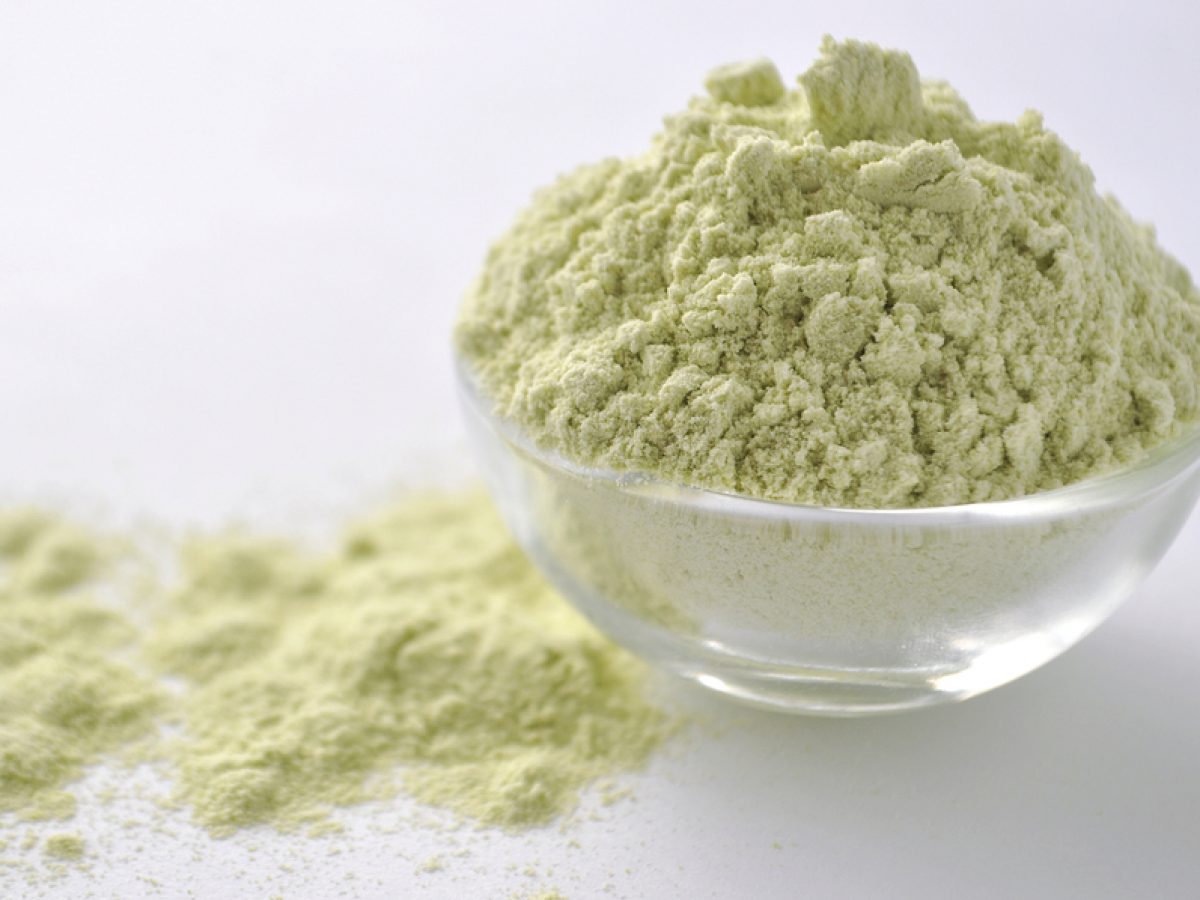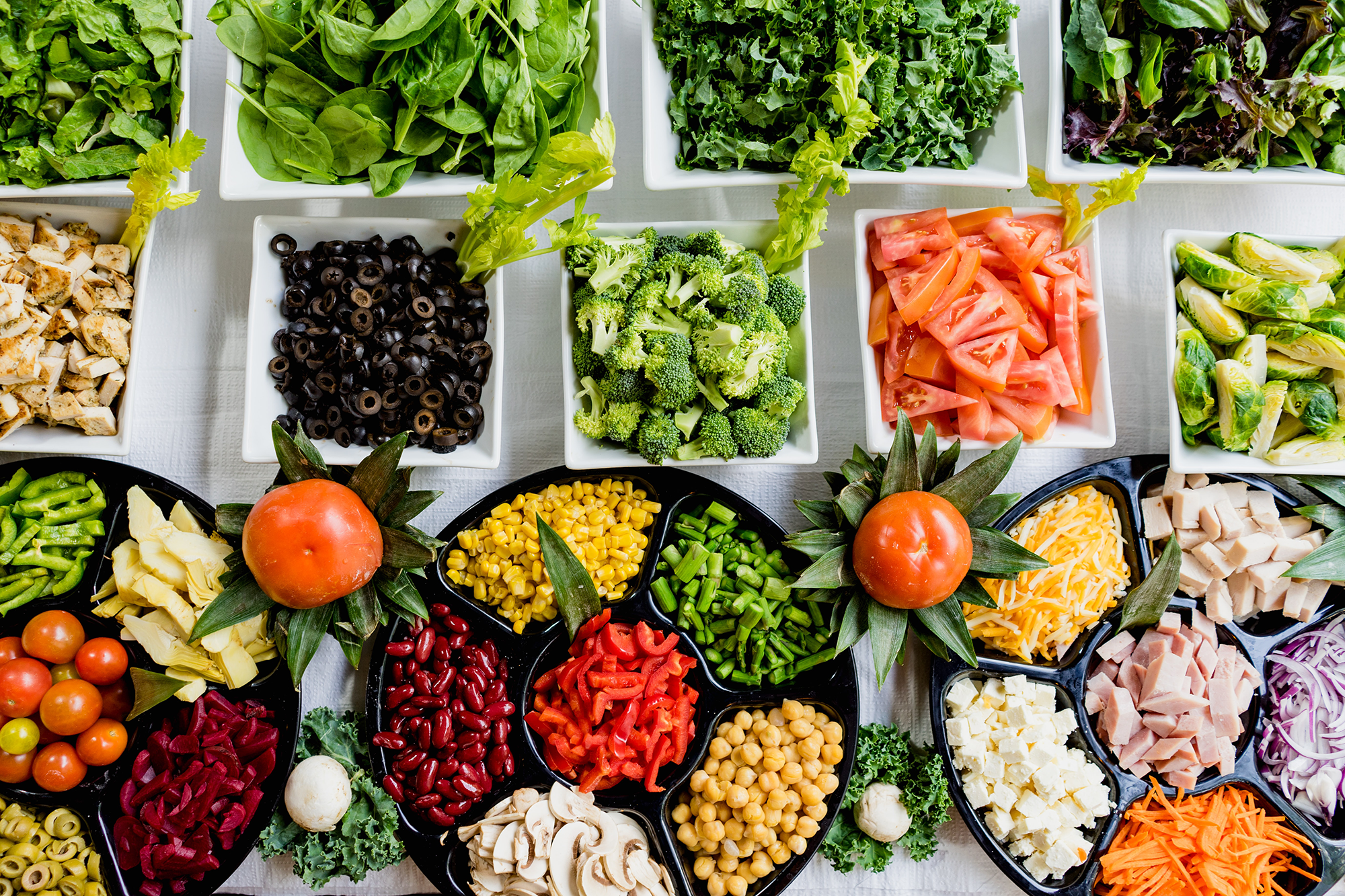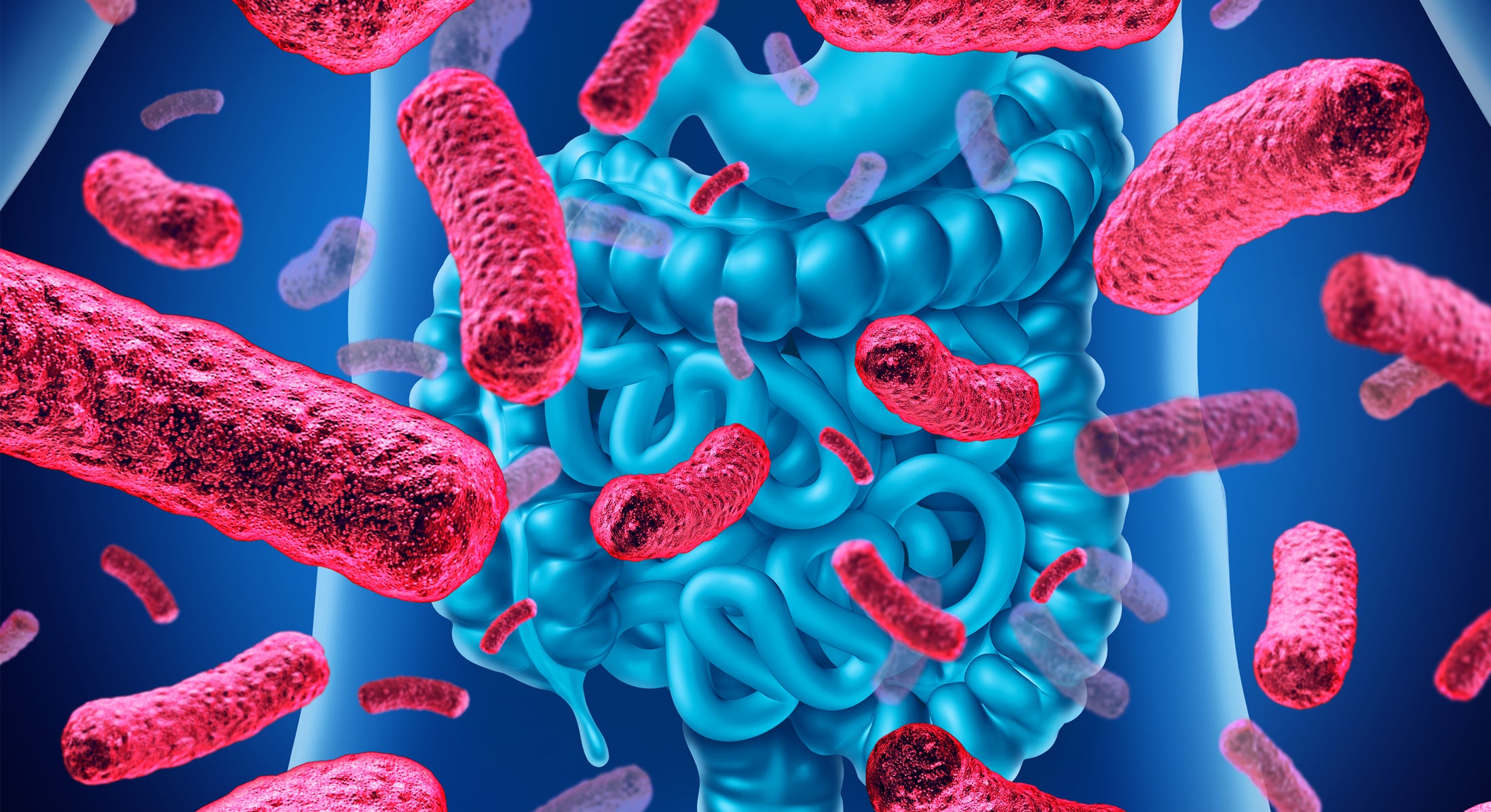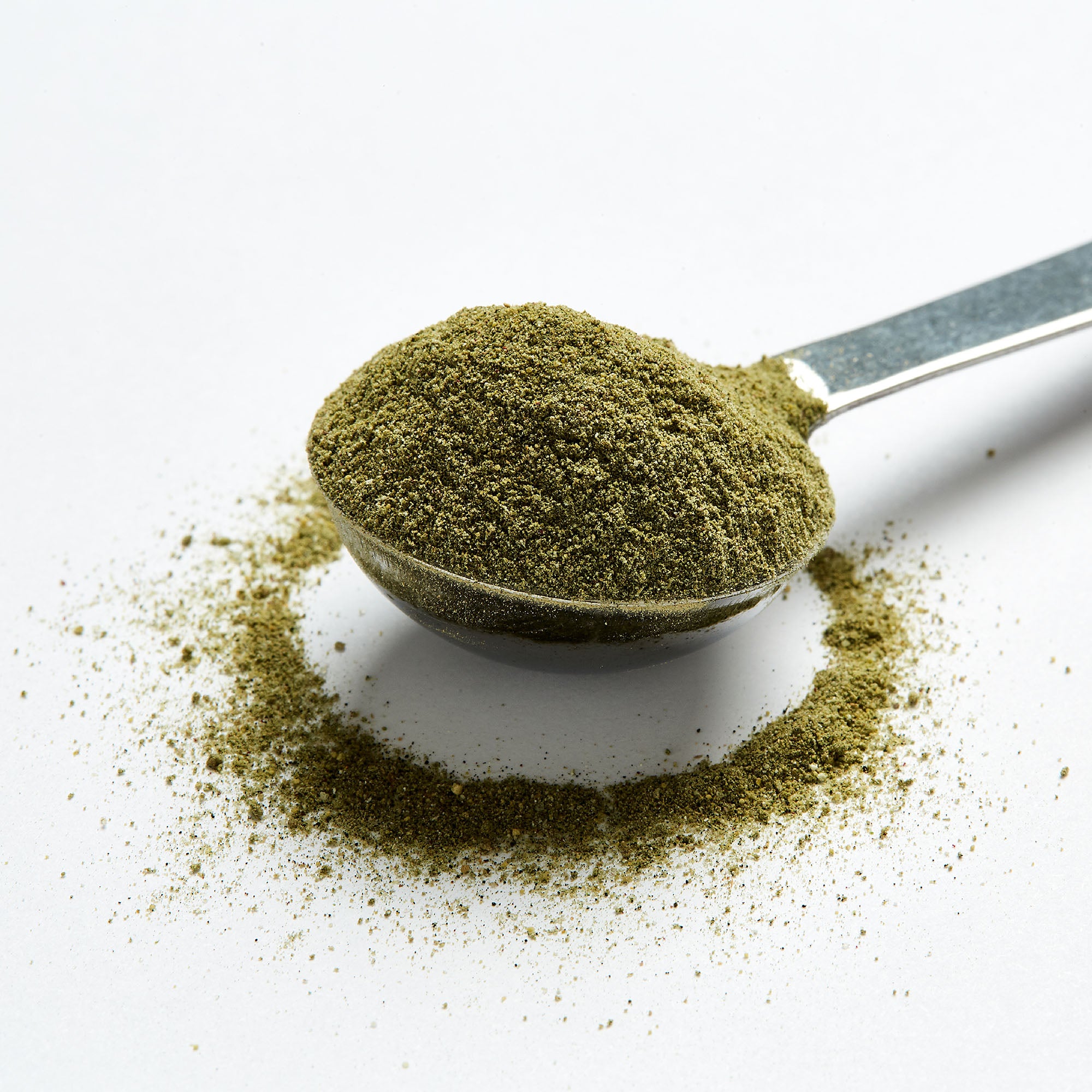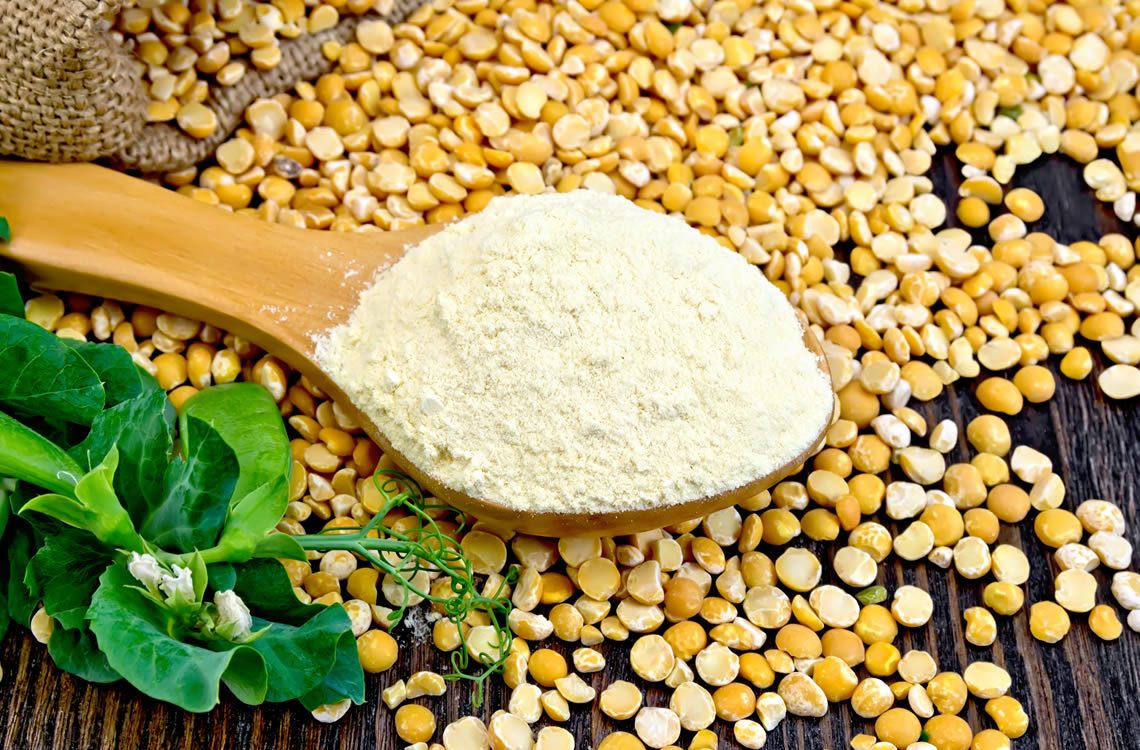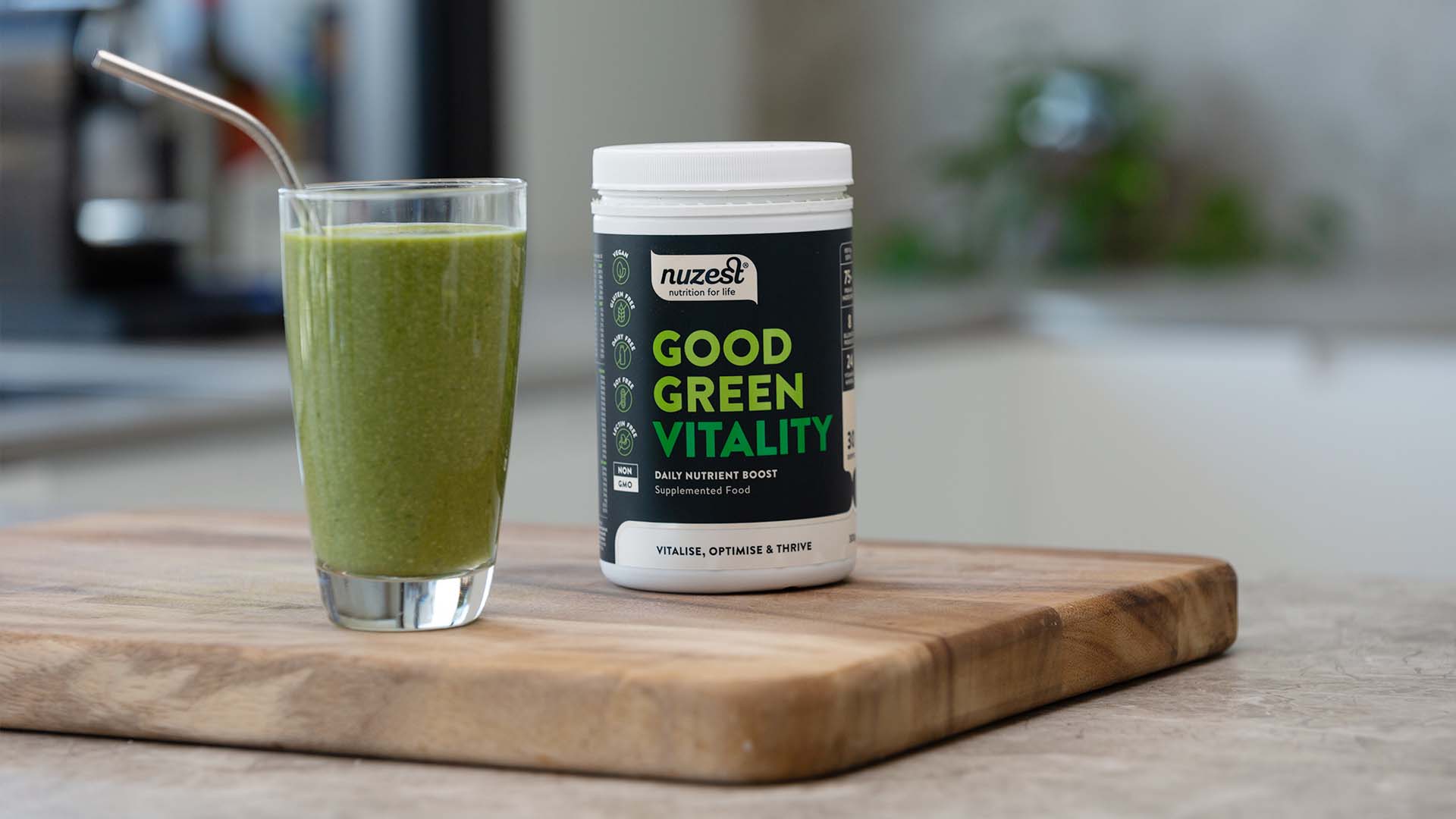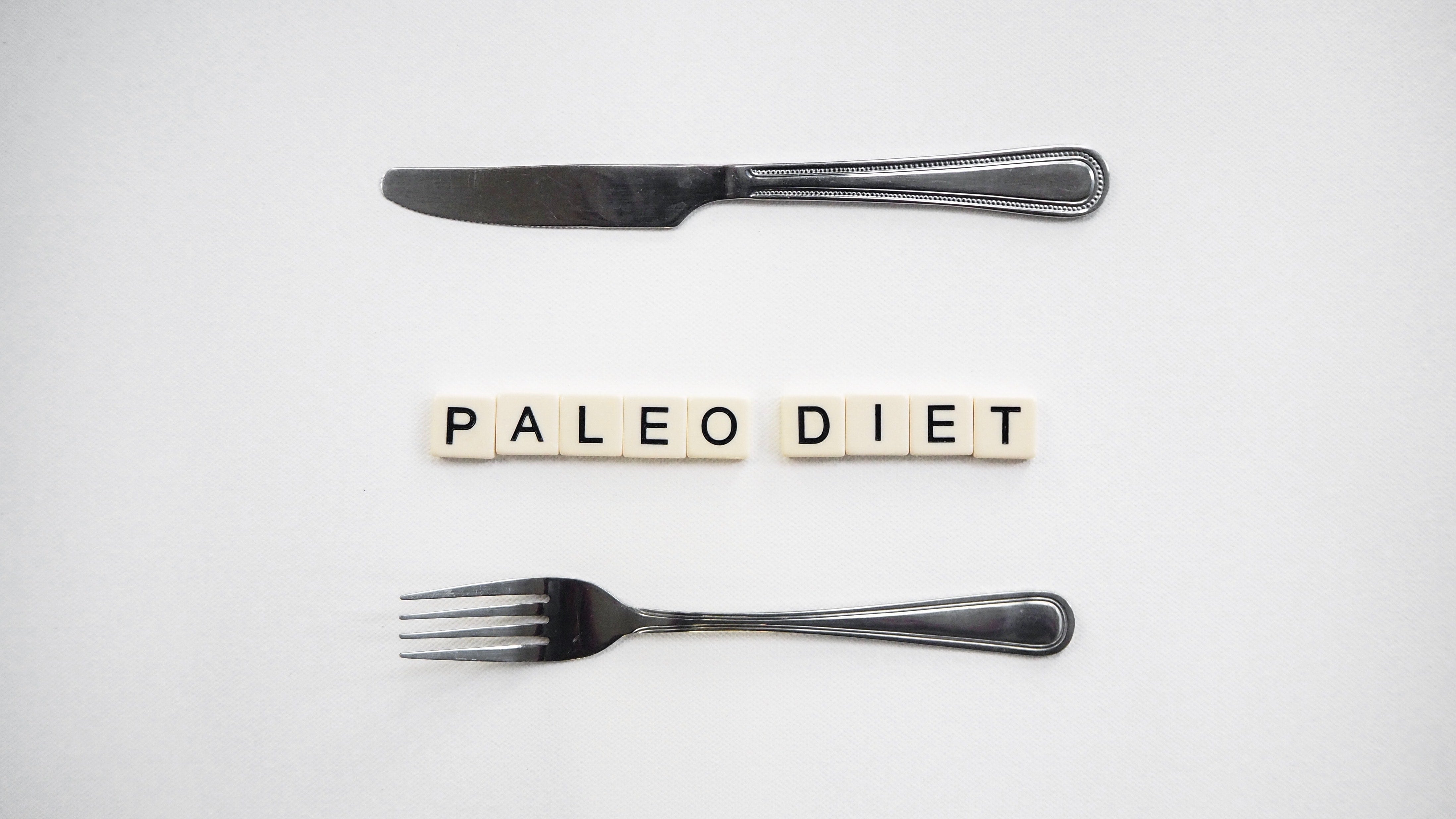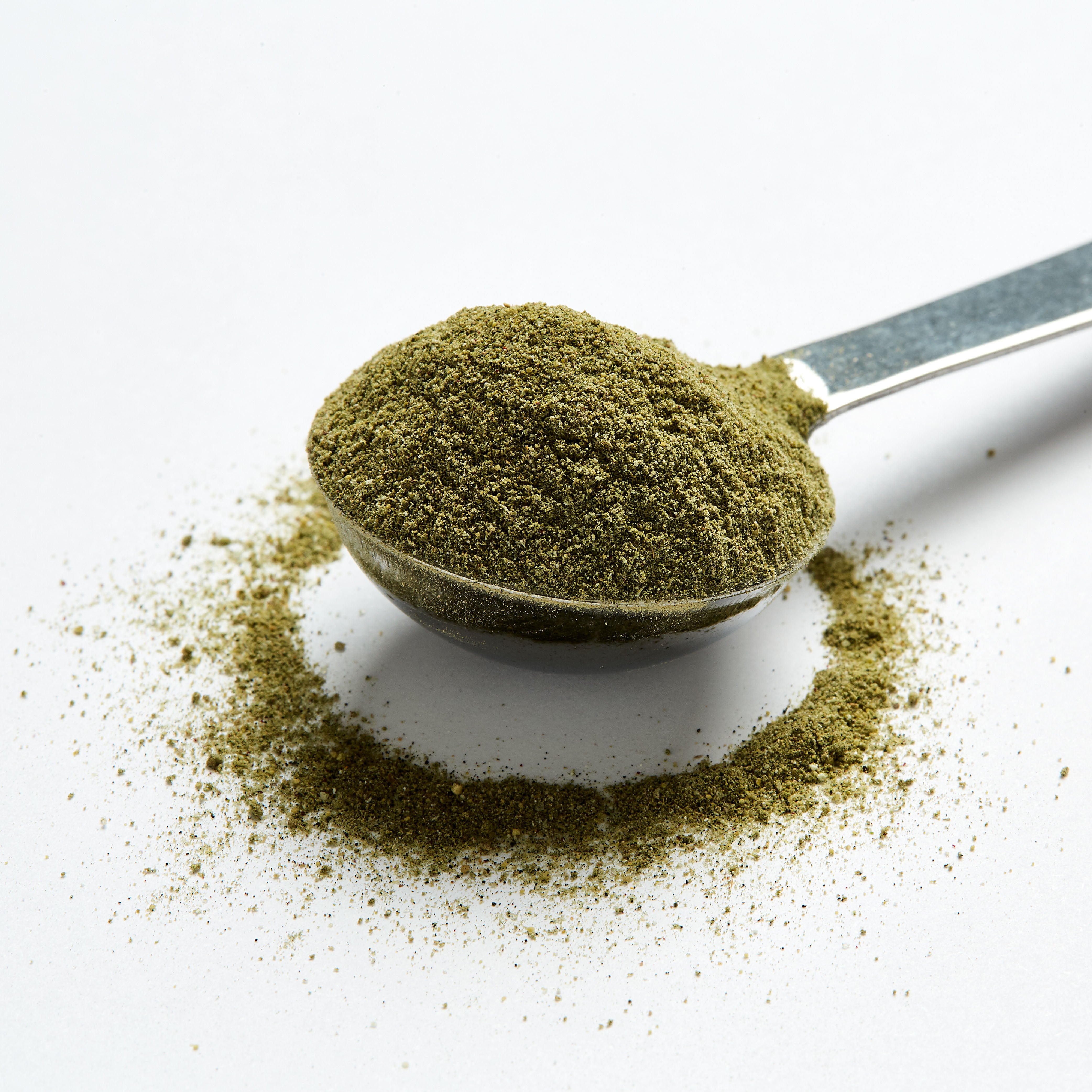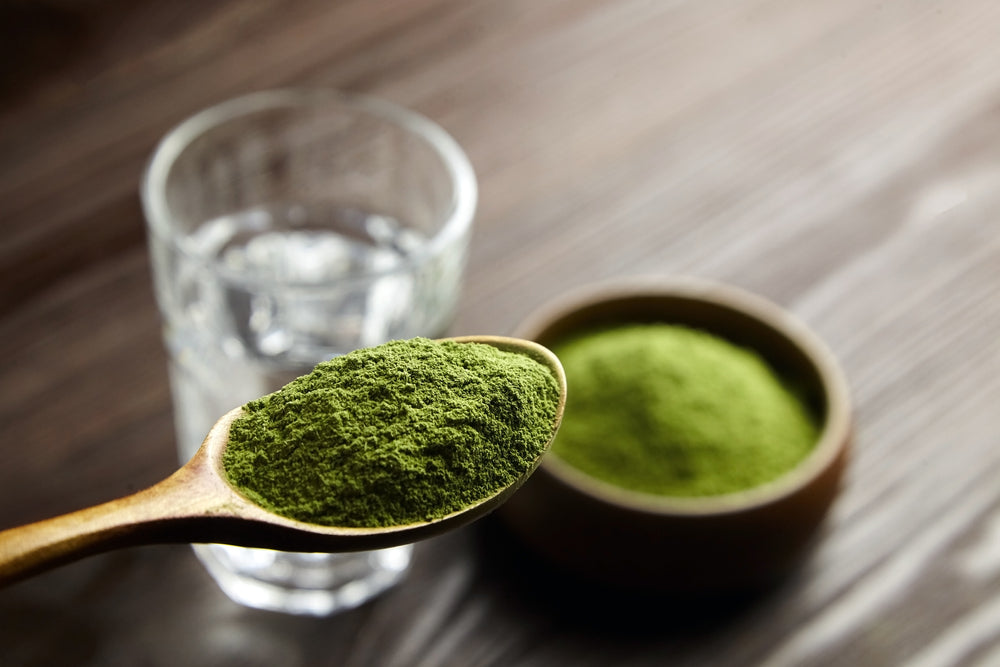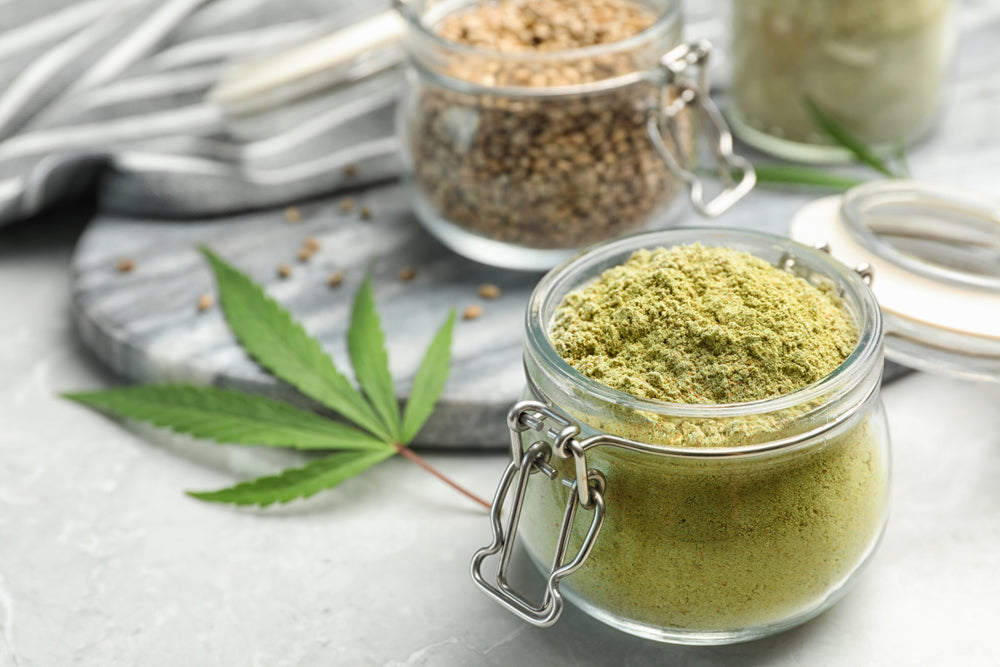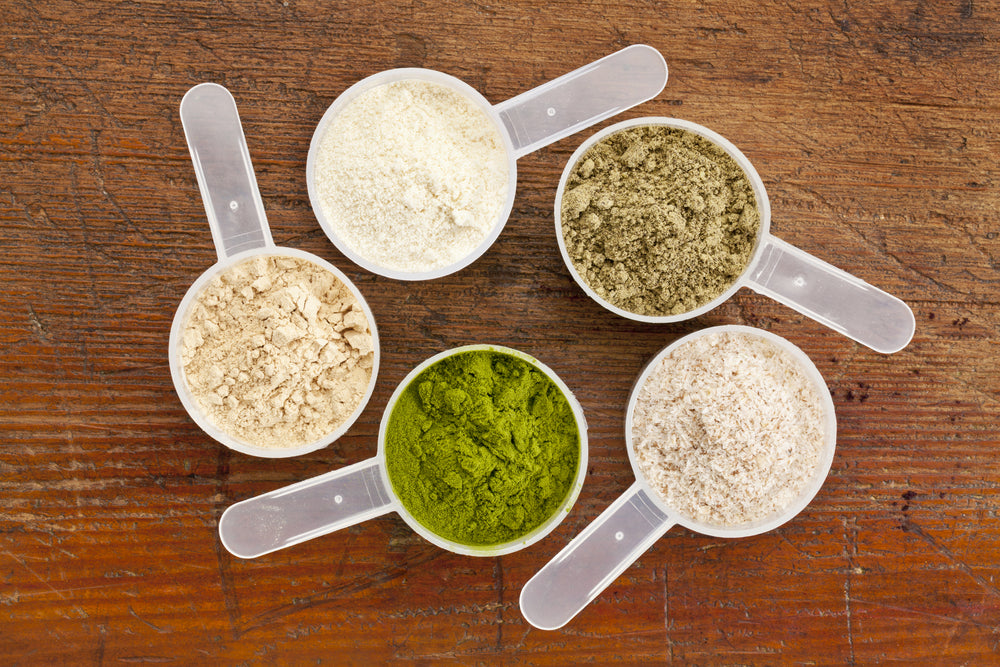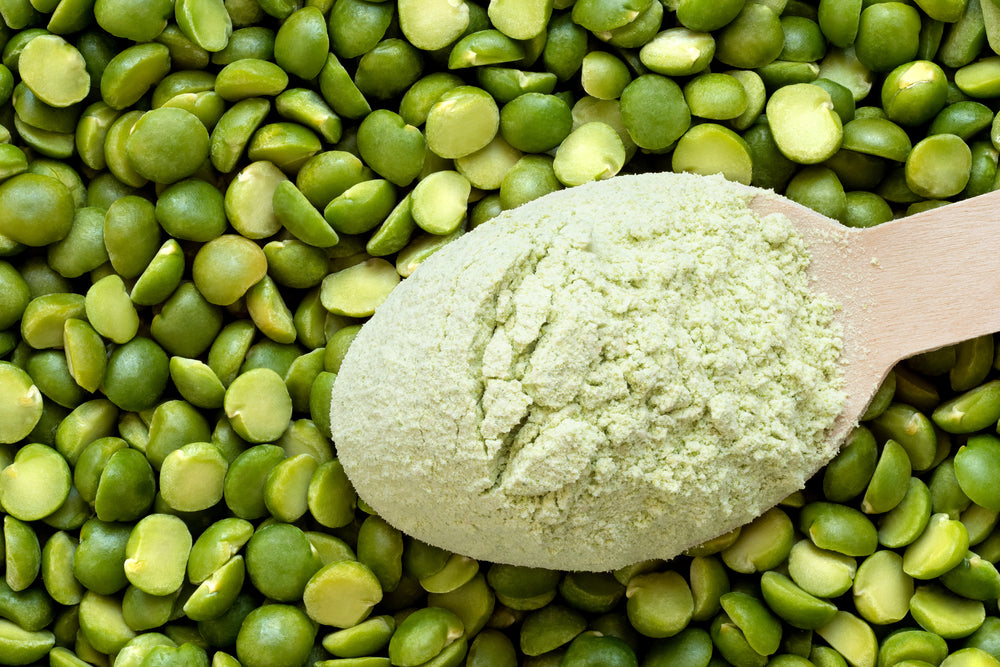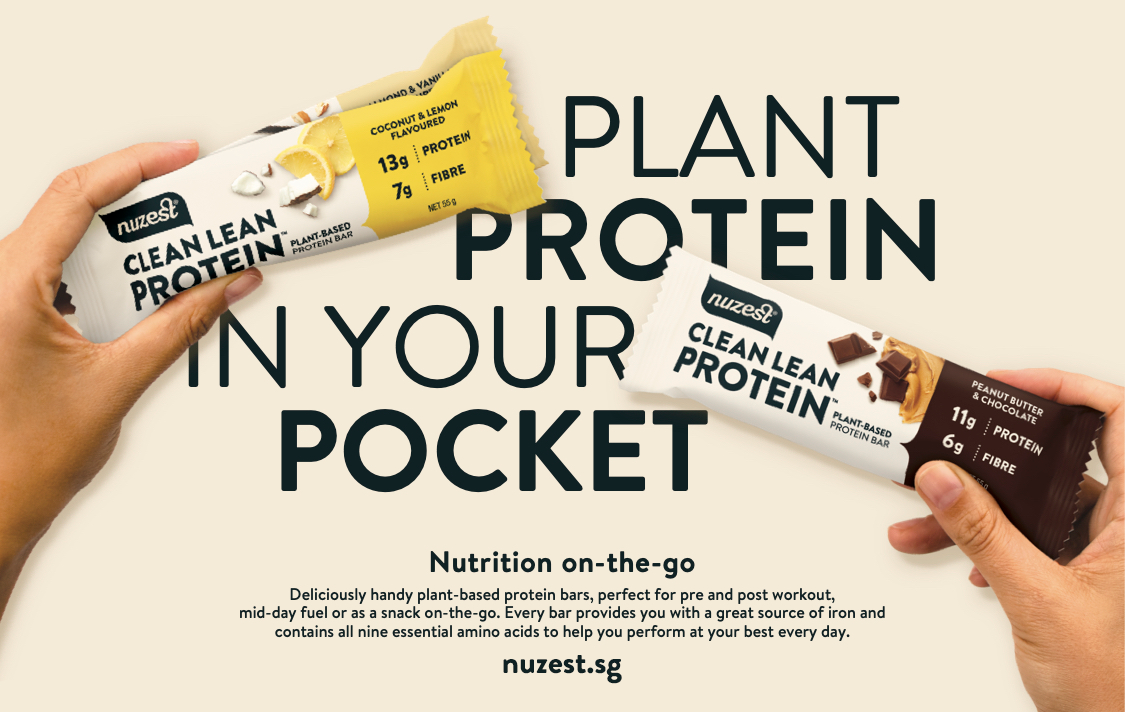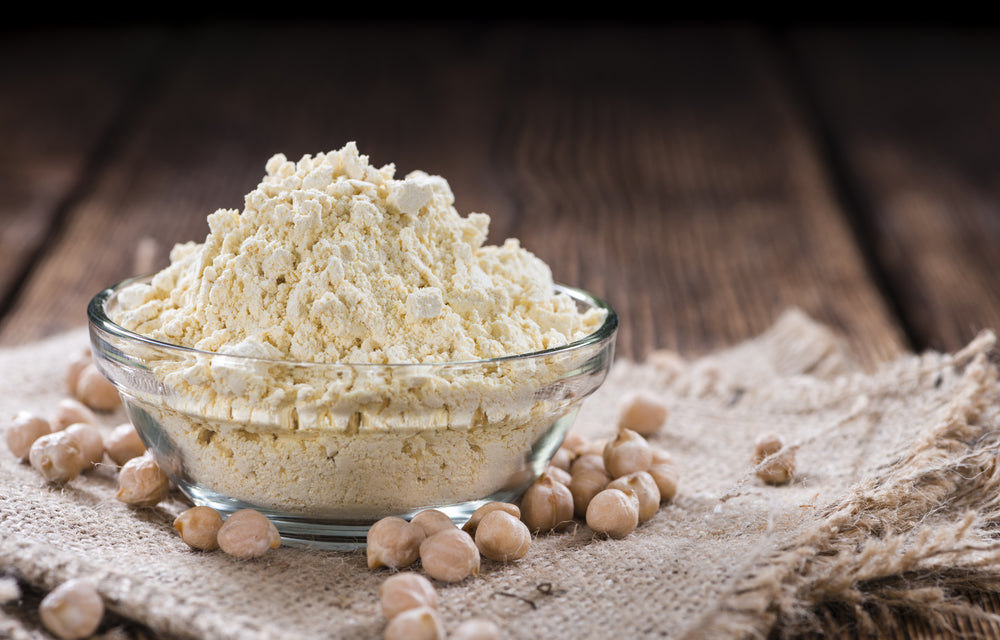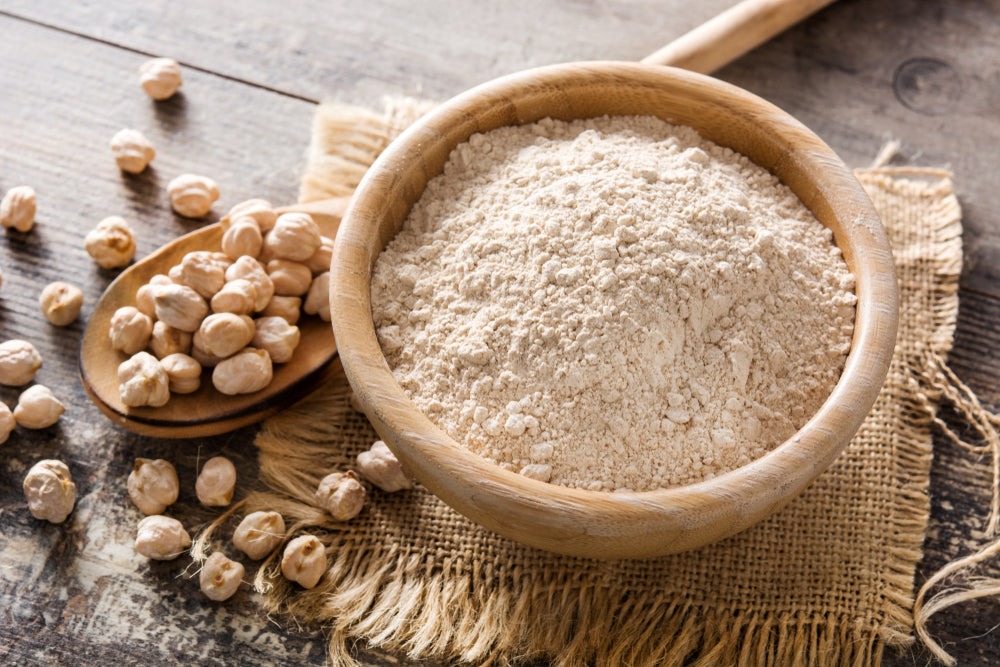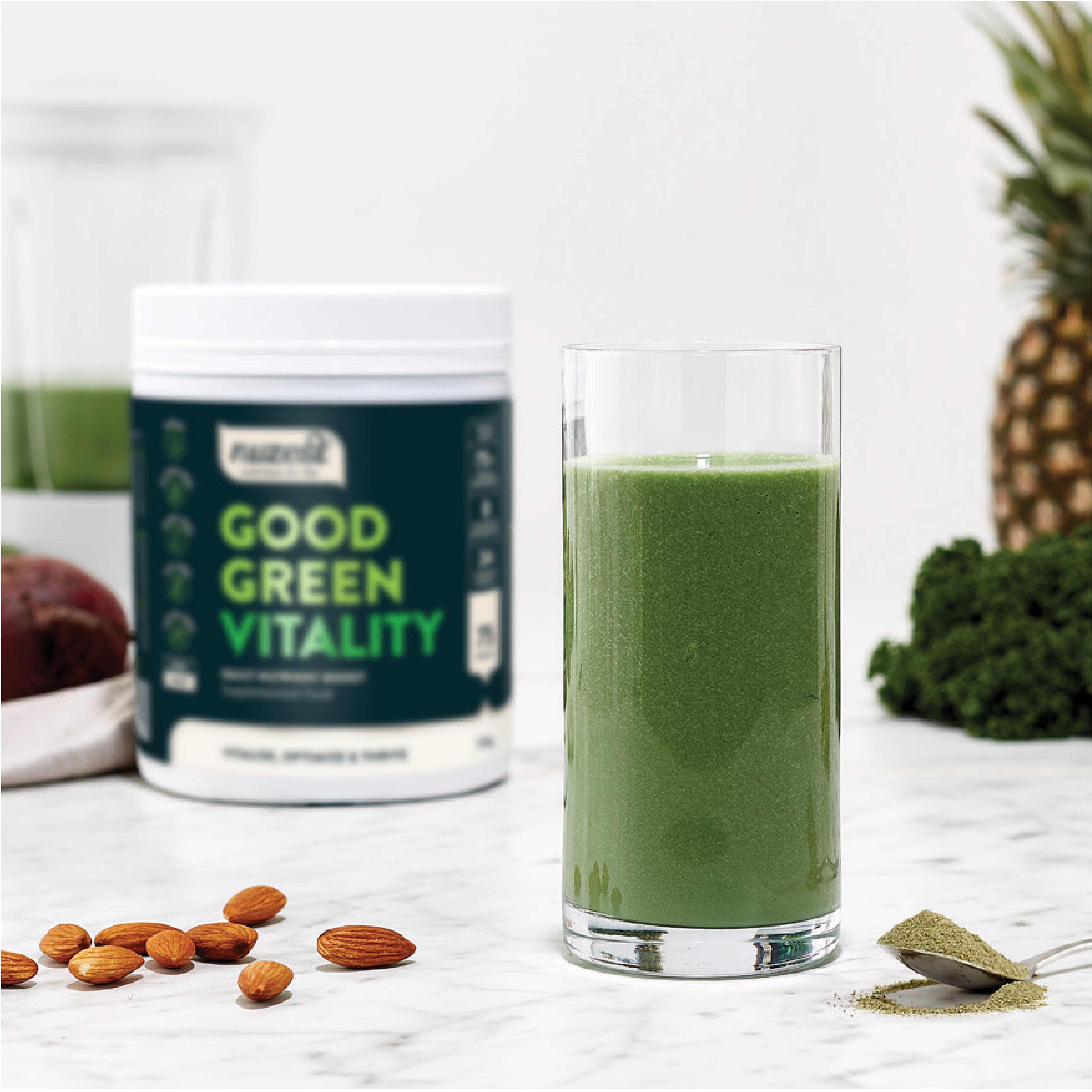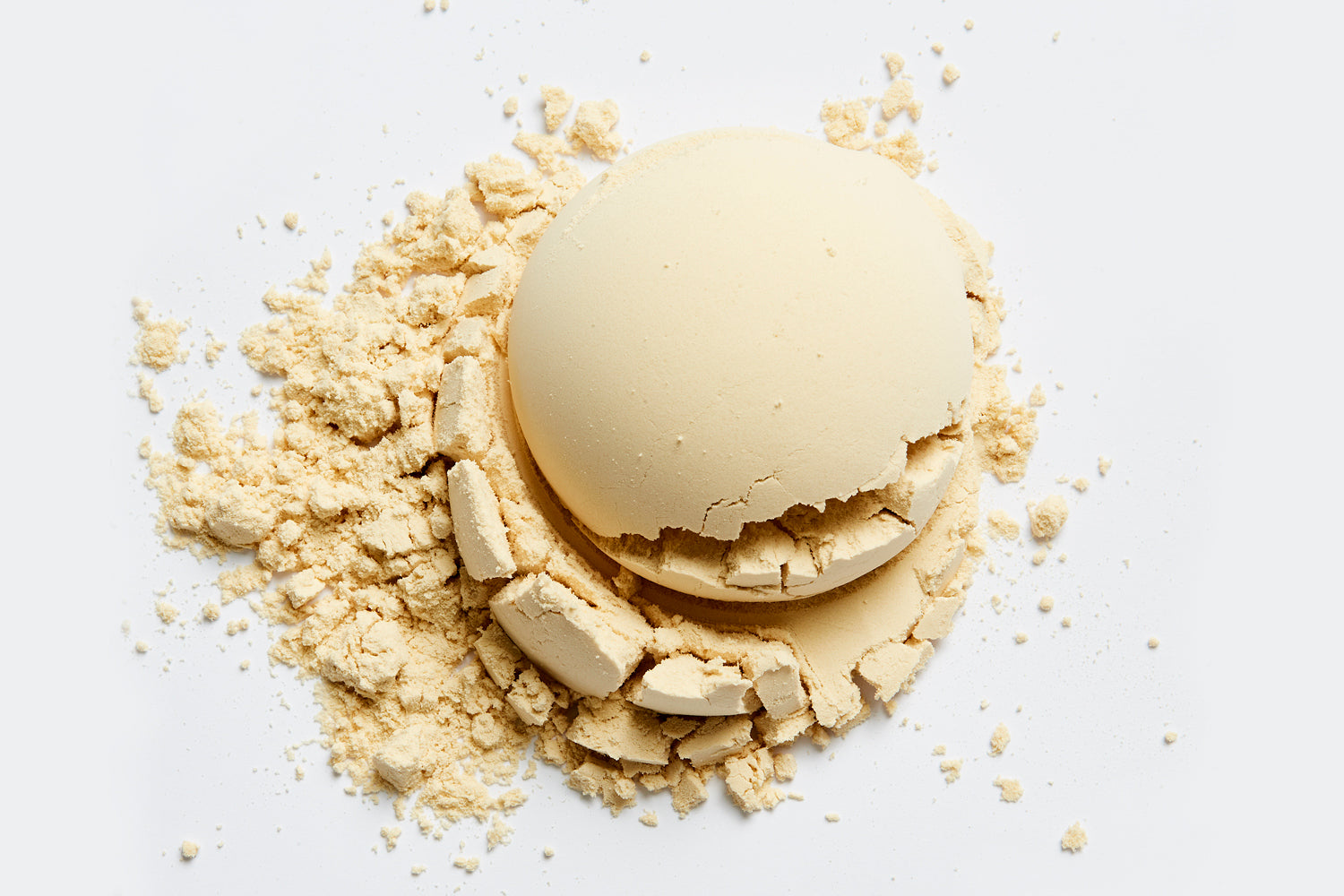The inability to digest lactose, which is the main sugar in milk is referred to as lactose intolerance. This condition is common in South East Asia and caused by a deficiency of lactase (the intestinal enzyme) that splits lactose into two smaller sugars, known as galactose and glucose and allows the absorption of lactose from the intestine.


Long term Symptoms
When it comes to long-term health symptoms of lactose intolerance, it includes calcium deficiency which in future may lead to osteoporosis.
The second possibility is of deficiency of vitamin D, resulting in bone diseases. However, these health issues can be prevented easily by vitamin D and calcium supplements.The real problem is that people suffering lactose intolerance unconsciously or consciously avoid milk and do not realize the importance of supplements for their body.
Cause of Lactose Intolerance
Our body contains lactase (a digestive enzyme) naturally in our body. The job of lactase is to convert milk sugar into two simple sugars that is galactose and glucose, which is absorbed through the intestinal lining into the bloodstream.
However, when you are lactose intolerant, there is a poor production of lactase in your body. Thus, lactose in your food instead of being processed and absorbed, moves into the colon. After this, the normal bacteria interact with undigested lactose in the colon, resulting in symptoms of lactose intolerance.
What Foods to Avoid?
Even though the only natural sources of lactose is milk and foods made from milk, however, sometimes, lactose hidden in prepared foods to which it has been added. If you are suffering from lactose intolerance then it is a must for you to know that there are many food products that may contain lactose, even in small amounts. Here is a list of the major food products that you need to avoid if you are suffering from this condition.
- Milk
- Nondairy whipped toppings
- Bread
- Soft cheeses
- Baked goods
- Mixes for cookies, biscuits, and pancakes
- Processed breakfast cereals
- Chips and other processed snacks
- Candies
- Instant soups, potatoes and breakfast drinks
- Salad dressings
- Lunch meats (except those that are kosher)
- Margarine
Why you to Need to Avoid Whey Protein?
Whey protein also causes lactose intolerance because it is a protein powder and protein powders are usually made from the proteins in milk whey, which is the liquid part of milk and contains lactose.
What to Do Now?
For athletes, Whey protein is a popular choice, as it helps in building muscle. Besides, people suffering from this condition need to take protein from other sources as they cannot drink milk. Therefore, the plant-based protein is the best alternative for lactose-intolerant people.
Nuzest is a plant-based protein specifically made for lactose-intolerant people. It is rich in protein derived only from plants

